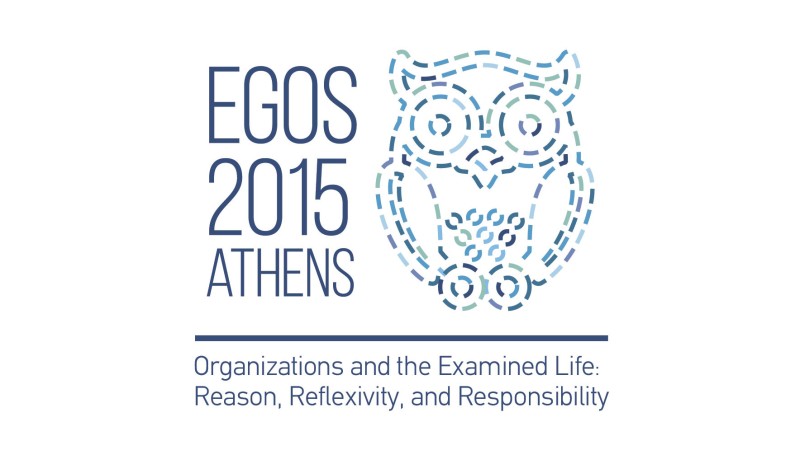Sub-theme 18: Actors and Institutions: Alternative Currents
Call for Papers
As with much social theorizing, the role actors assume in institutional processes is central to institutional theorizing.
Fundamentally, institutionalization coincides with the construction of particular forms of agency (Meyer & Jepperson,
2000). Institutions and social agents inhabit one another; how social agents perceive themselves and act in the world are
the outcomes of institutionalization processes.
The emergence of pro-agency approaches within organizational
institutionalism challenges these fundamental presuppositions, encouraging much debate on the topic of actors and institutional
action (Battilana & D'Aunno, 2009). Institutional entrepreneurship and institutional work, in asserting actors to be purposive
and interested institutional agents, have gone furthest in releasing them from the grip of institutions and reversing the
causal processes of institution building.
In freeing purposive agents from institutions, however, these institutional
streams raise some fundamental questions:
- Where does the capacity and freedom to exercise agency reside?
- Why do some institutions or cultures allow more choice and reflexivity than others?
- To which degree are actor interests and preferences independent of institutions?
- Is agency exogenous or endogenous to institutions, and to what degree?
Keeping with the general theme of the 2015 EGOS Colloquium, this sub-theme aims to take
stock of available concepts and empirical approaches for exploring the links between actors and institutions in order to assess
the complexity of social practices and the processes through which institutional outcomes are accomplished.
Some
of these issues are present in different degrees in much contemporary institutional theorizing (Thornton, 2002; Lawrence et
al., 2009). We encourage the submission of manuscripts that take stock of these approaches. In particular we would like to
see novel, nascent or emergent perspectives on institutions that attempt to link grand theories of institutions, institutional
logics, institutional work and other institutional expressions of practice. But we would also like to encourage approaches
that reflect a wider and much wanting understanding of institutionalization (Foucault, 1991; Friedland, 2009) in which actors
and institutions are seen as historical processes of mutual accommodation or decline and disintegration. In so doing, it is
important to be keenly aware about the level of analysis in which arguments and empirical findings apply. For example, many
controversies around actors and institutions are attributable to time or levels of analysis (Kallinikos et al., 2013).
We encourage submissions that study agency and institutions in new ways. Relevant themes may include, but are not
limited to:
- Agency and organizational routines
- Technologies of the self and institutions
- Globalization and situated practices
- Professions, expert practice and institutions
- Technology, skill profiles and agency forms
- Social and community entrepreneurship
References
- Battilana, J., & D'Aunno, T. (2009): "IW and the paradox of embedded agency." In: T. Lawrence, R. Suddaby & B. Leca (eds.): IW: Actors and Agency in Institutional Studies of Organization. Cambridge: Cambridge University Press, pp. 31–58.
- Foucault, M. (1991): "Governmentality." In: G. Burchell, C. Gordon & P. Miller (eds.): The Foucault Effect: Studies in Governmentality. Hemel Hempstead: Harvester Wheatsheaf, pp. 87–104.
- Friedland, R. (2009): "Institution, practice, and ontology: Toward a religious sociology." In: R.E. Meyer, K. Sahlin, M.J. Ventresca & P. Walgenbach (eds.): Institutions and Ideology. Research in the Sociology of Organizations, Vol. 27. Bingley, UK: Emerald, pp. 45–84.
- Kallinikos, J., Hasselbladh, H., & Marton, A. (2013): "Governing social practice: technology and institutional change." Theory and Society, 42 (3), 395–441.
- Lawrence, T.B., & Suddaby, R. (2006): "Institutions and IW." In: S.R. Clegg, C. Hardy, T.B. Lawrence & W.R. Nord (eds.): The SAGE Handbook of Organization Studies. London: SAGE Publications, pp. 215–254.
- Thornton, P.H. (2002): "The rise of the corporation in a craft industry: conflict and conformity in institutional logics." Academy of Management Journal, 45 (1), 81–101.


